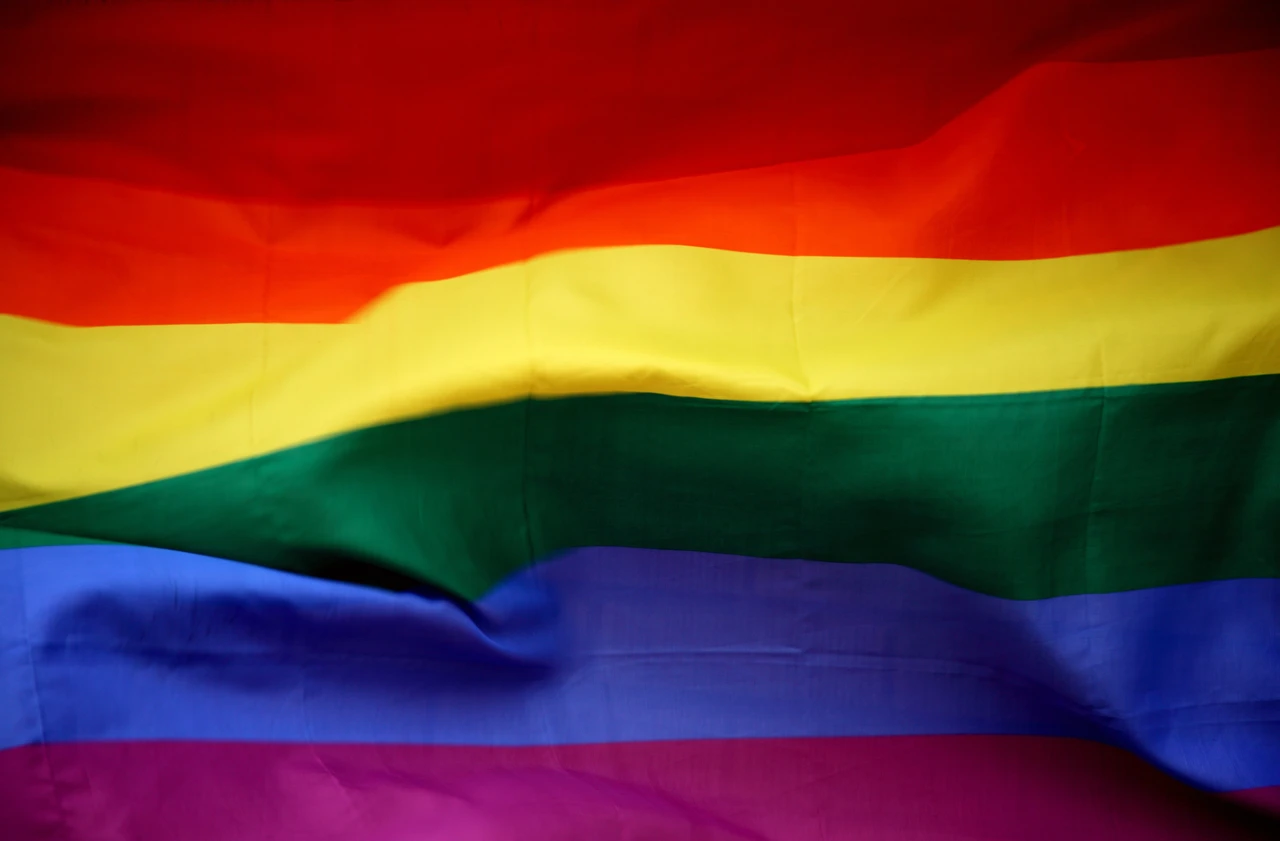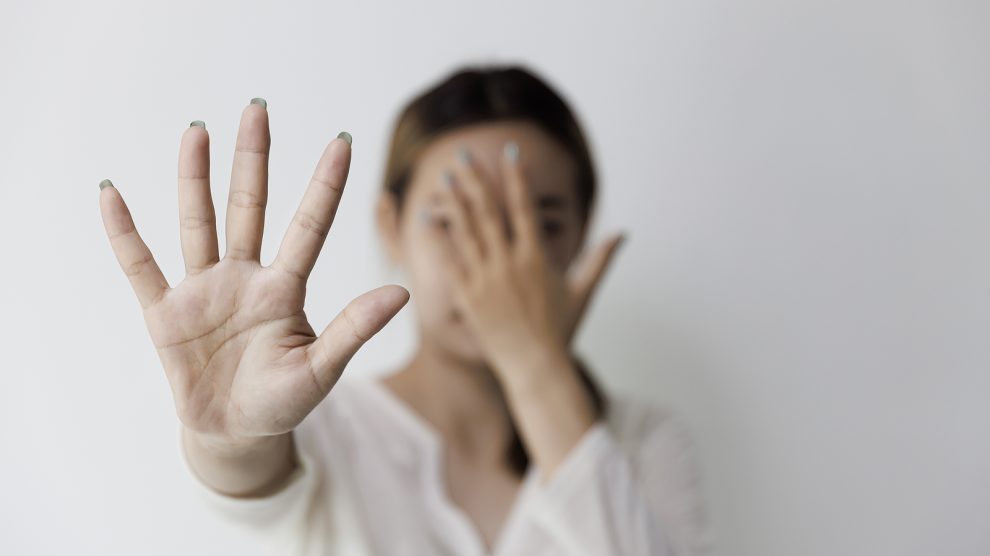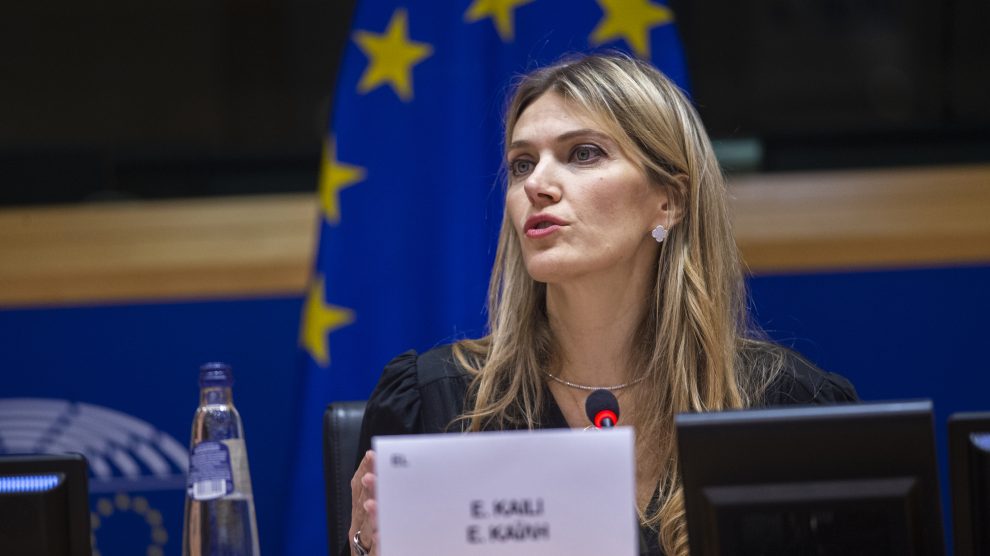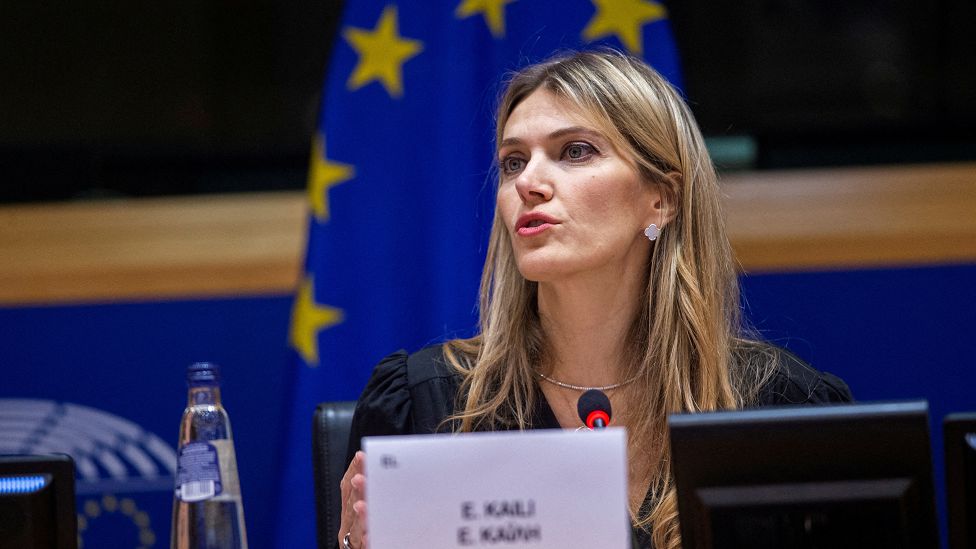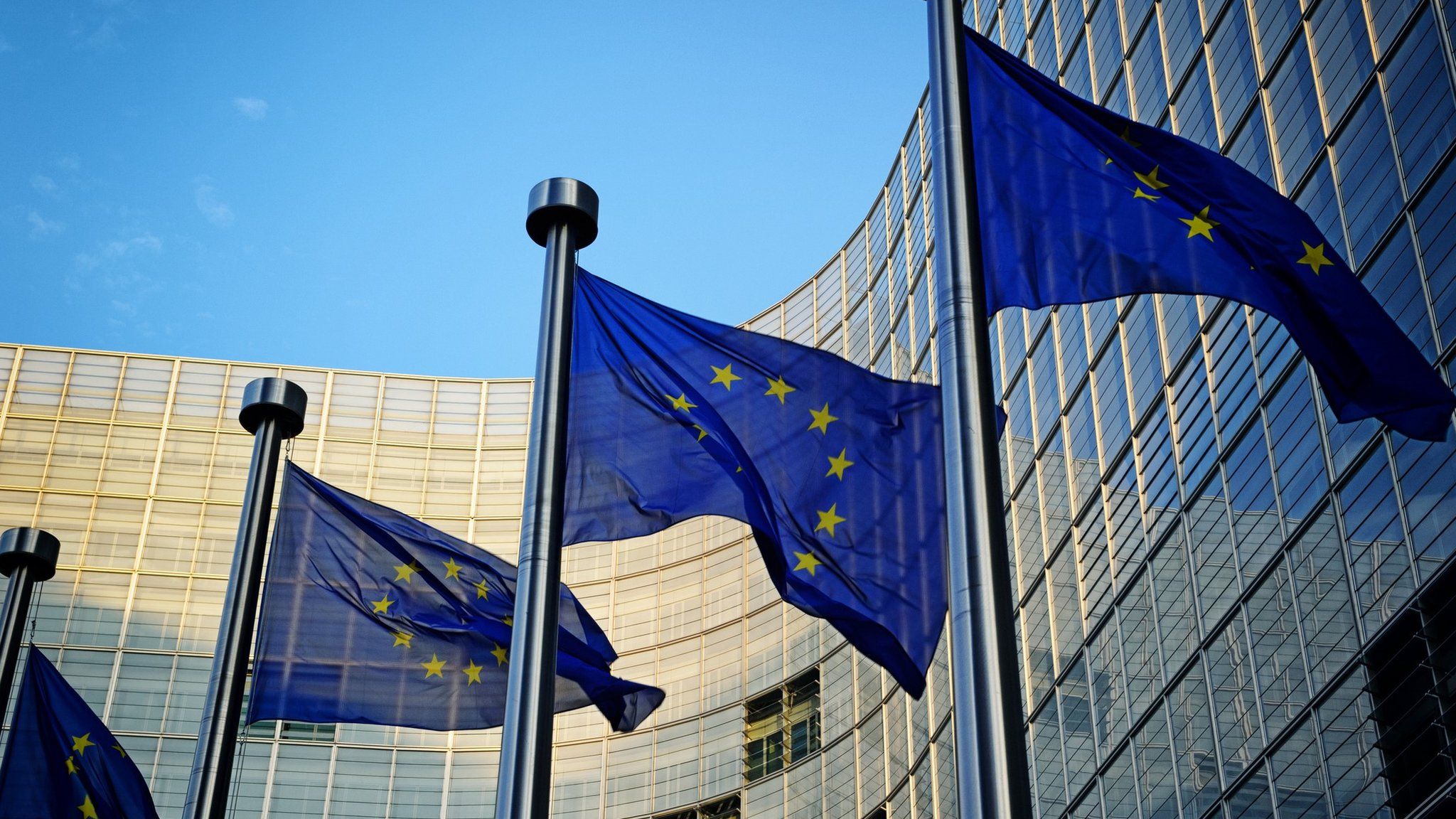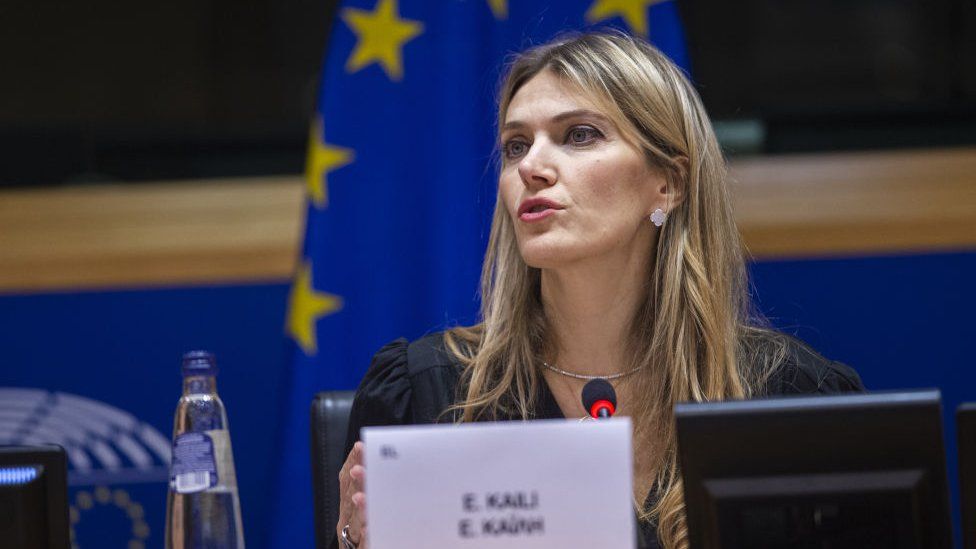December 12, 2022

Amnesty International has said that leading human rights and humanitarian organisations have accused the European Union of admitting Croatia to the Schengen Area without taking into consideration abuses at the border.
In one of its most recent press releases, Amnesty International has said that the EU’s authorities have shown disregard for fundamental rights by deciding to admit Croatia into the Schengen in spite of confirmed reports of repeated breaches of EU’s international human right law by Croatian authorities and border guards.
According to Amnesty the Council’s decision does not come as a surprise, and the same has said that the institutions of the EU have repeatedly turned a blind eye to human rights violations at the EU’s external border, including Croatia, SchengenVisaInfo.com reports.
“The Council’s decision to welcome Croatia to the Schengen club, despite known documented abuses, is a symptom of a higher EU policy imperative that repeatedly sacrifices fundamental rights for what is portrayed as border security,” the statement of Amnesty International reads.
Amnesty International has further said that the decision of the Council to welcome Croatia to the Schengen Area sets a bad example for the intention of the EU to enforce conformity with human rights standards and for future Schengen enlargements.
Moreover, the same has claimed that what is unfolding at the borders of Croatia and other external borders of the EU is a rule of law crisis.
In addition to the above-mentioned, Amnesty International highlights that the Schengen Borders Code requires the Member States to comply with EU as well as International law, including the Refugee Convention, the Charter of Fundamental Rights, and the obligation to follow the principle of non-refoulment.
Yet, according to Amnesty International, humanitarian and human rights organisations have documented that the authorities of Croatia have failed to comply with such rules as they have consistently denied entry to asylum seekers, refugees, and migrants.
Furthermore, humanitarian and human rights organisations have also said that Croatia has also been involved in collective expulsions, such as violent pushbacks.
“Nongovernmental groups have documented on numerous occasions that Croatian police are using violence against helpless people – amounting to torture and ill-treatment – in violation of Article 3 of the European Convention on Human Rights, to which Croatia is a party,” Amnesty International added.
The Croatian authorities have also been accused of failing to conduct independent and thorough investigations of police misconduct. They have been accused of failing to hold those responsible to account too.
Previously, SchengenVisaInfo.com reported that Croatia will officially become a member of the borderless Schengen area on January 1, 2023.
The decision was announced by the Council of the EU following a vote by the EU Member States on December 8.
.png)

